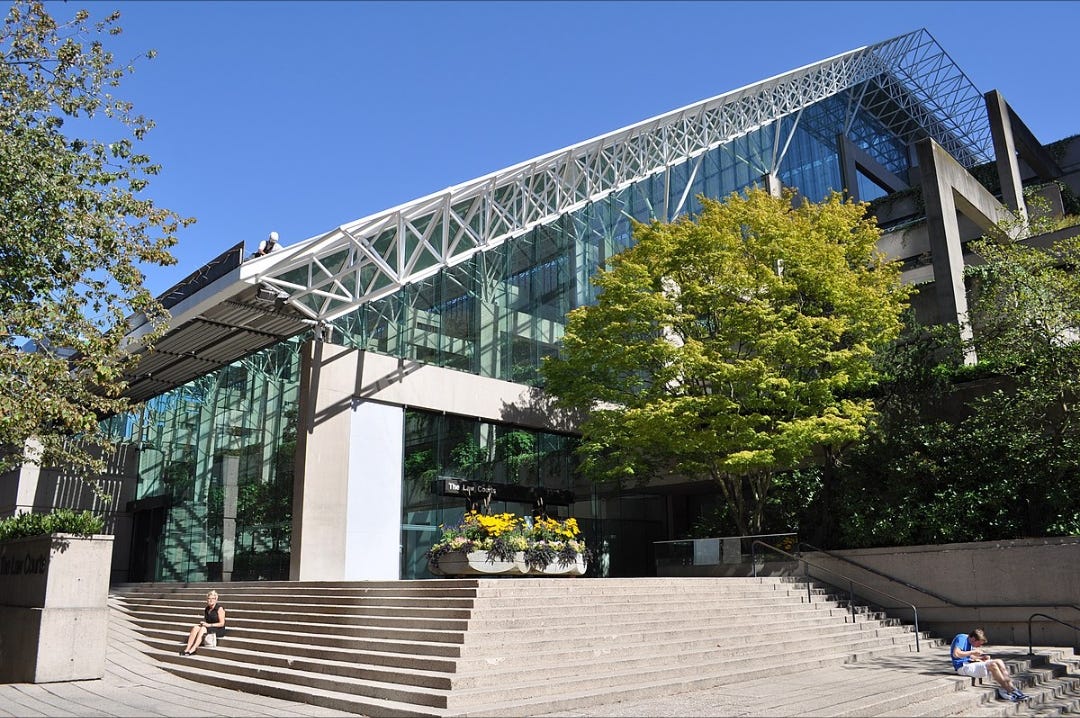Langley's CAC Court Ruling: My Take on the Facts
I had heard Mayor Eric Woodward call it a "nothingburger" and wanted to see for myself
In June 2025, I read through the BC Supreme Court’s decision that struck down Langley Township’s Community Amenity Contribution (CAC) policy. I had heard Mayor Eric Woodward call it a "nothingburger" and wanted to see for myself if that held up. After going through the ruling and the Township’s own documents, I think there’s more to it. Here’s what I found.
Was the court ruling really a "nothingburger"?
Fact Check: False
The judgment made it clear this was no minor technicality. The court ruled the CAC policy was legally invalid, which forced council to put an interim policy in place right away. That kind of scramble does not happen over something insignificant. To me, it raised questions about how the Township communicates and how it manages its main funding tools.
Were CACs genuinely voluntary, or were they mandatory?
Fact Check: False
The Township often described CACs as voluntary, but the court saw a different reality. In practice, the policy made developer contributions a condition for rezoning. The judge described it as a “pay or no rezoning” situation. Reading that, I wondered why the public was repeatedly told they were voluntary when the evidence showed otherwise.
Without CACs, will Langley struggle to fund necessary infrastructure?
Fact Check: False
Some people worry this will cripple our infrastructure funding, so I looked into the difference between CACs and Development Cost Charges (DCCs). DCCs are still in place and still pay for roads, utilities, and parks. The province’s new Amenity Cost Charge (ACC) framework is also coming soon, giving the Township a legal way to fund community amenities. The essentials like roads, pipes, and parkland are not at risk.
Could flashy capital projects like the Youth Soccer Campus be affected?
Fact Check: Maybe
The Youth Soccer Campus was planned with CAC funding in mind. When that money fell through, council turned to debt financing. They are pushing ahead, which means the project is safe for now. Still, I think it is fair to ask how much debt is too much and whether future projects will be harder to fund.
Does this ruling set a provincial precedent?
Fact Check: True, but temporarily
The ruling sends a clear signal to every BC municipality using CACs in a similar way: there is a legal limit you cannot cross. That matters right now, but with the province introducing ACCs, the long-term impact will fade. This is an important moment, even if the new rules will soon take over.
What I’ll Be Watching
While it is tempting (and maybe politically convenient) to dismiss this as minor, I see it as a turning point. It is about more than one policy. It is about how we fund growth, how open our leaders are with residents, and how they balance ambition with responsibility. I will be watching how the ACC rollout unfolds, and I think other residents should too. The choices made now will shape Langley for years to come.



